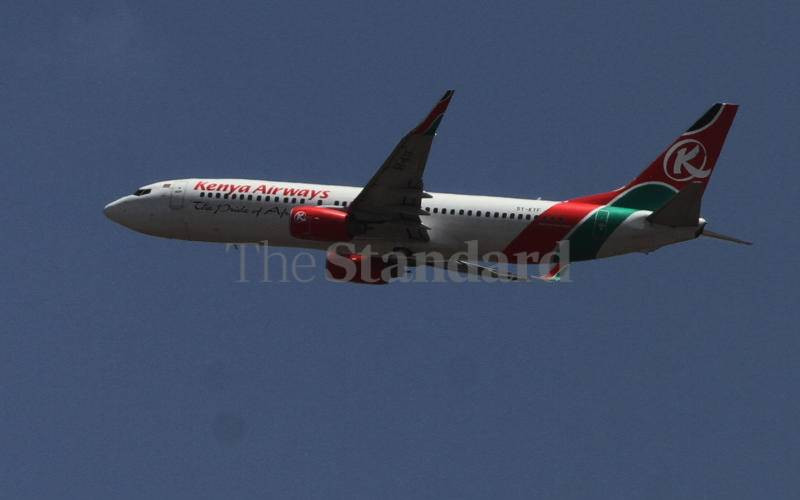×
The Standard e-Paper
Smart Minds Choose Us

Kenya Airways (KQ) has sunk deeper into loss-making, reporting yet another record loss after tax of Sh38.26 billion for the year to December 2022.
This is in comparison to the Sh15.89 billion loss after tax it reported in 2021. It is also in comparison to the Sh36.2 billion loss that the national carrier made in 2020 following the outbreak of Covid-19 that saw it ground nearly all its operations.